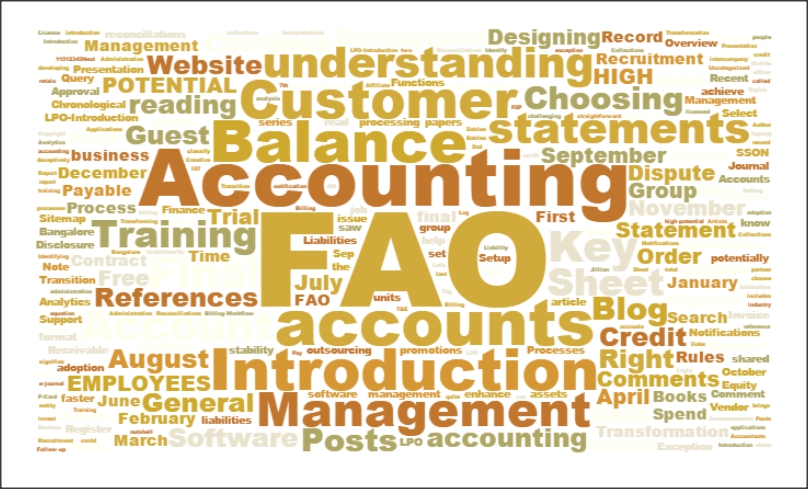Accounting – Rules of Accounting
The second rule of accounting was discussed in the previous post.
There is more to this logic, i.e. the period of benefit. Normally accounting periods define the periodicity for which, in a reasonable manner a business could declare the business affairs to the stake holder, namely, the owners / shareholders, the tax authorities and those dealing with the business on an ongoing basis. If the benefit of the transaction does not lead to a receivable / payable and is within the period, then it would be proper to use this rule and classify the item as an expense or an income as may be applicable.
Take for example the salary paid to the employees, the employees do not have to return this amount, the company would have benefitted from the work during the month, so this would be an expense.
On the other hand, a salary advance given to the employee, would be a recoverable amount, either in form of cash / bank or adjusted later against salary payable. This cannot be treated as an expense, and we will apply the first and the third rule.
I hope this is helping you understand the concepts.
I will cover the third rule in the next post…
Do share this post if you like it.
——————————————————————
You want to understand how accounting translates into outsourcing?
Read our blog – https://faoblog.com/category/finance-and-outsourcing/
——————————————————————
Subscription and Guest Post:
You may subscribe to the blog from the subscription box on the opening page of the blog. We have enabled a button on the top of the first page, which will enable you share your posts. If you wish to write about any of the current streams, you can do it at https://faoblog.com/guest-post/. We will review your post and release it within 48 hours of your posting.


Great post. I was checking continuously this weblog and I am impressed! Very useful information particularly the closing section 🙂 I deal with such information a lot.
I used to be seeking this certain info for a very lengthy time. Thank you and best of luck.
Normally I don’t comment on your posts but I wanted to ask what theme you use. You run WordPress no? Would be forever thankfull if you could point me in the right direction! Regards, Jenn
As you read through its not the accounting rules but concepts matters a lot when it’s comes to practical accounting…. The rules are actually aligned to these concepts….as the author was pointing why we debit bank when we receive interest instead crediting as the rules says credit the giver…that’s as per entity and matching concept… that’s why you should refer concepts while you study rules